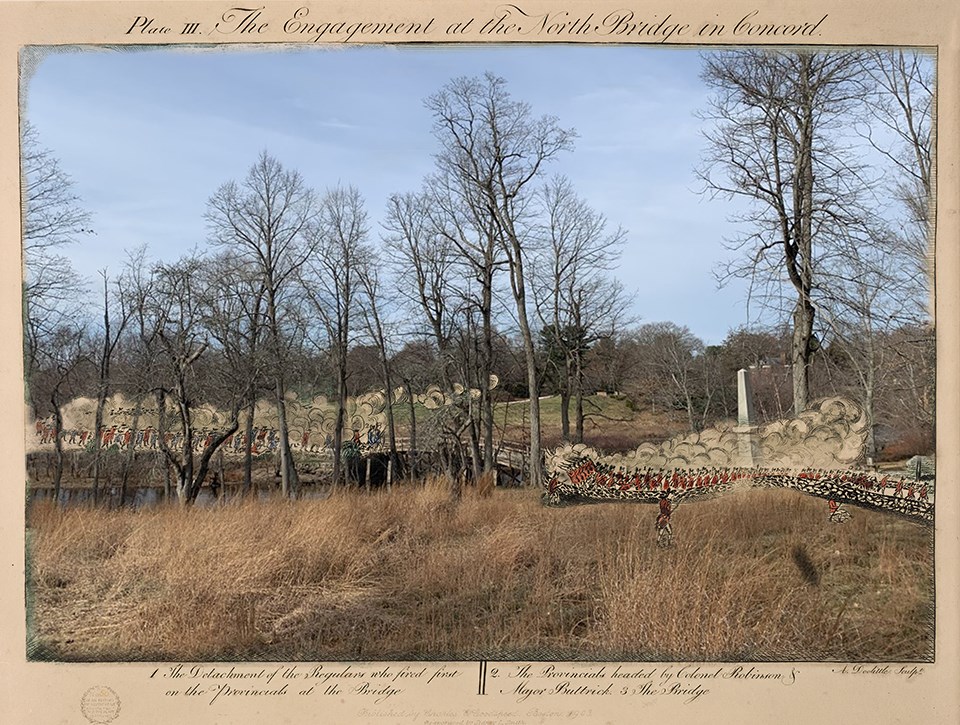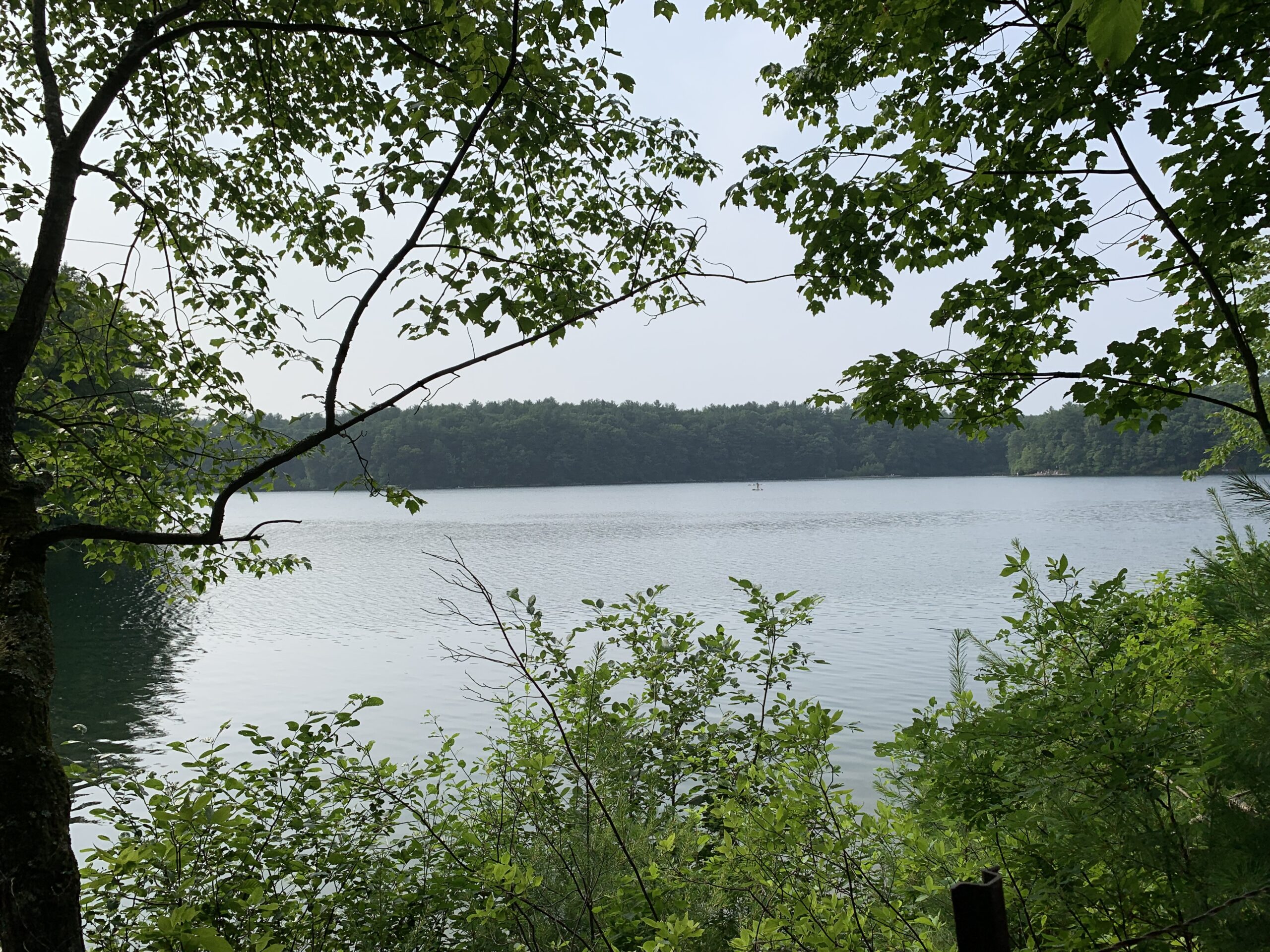
03 Jul 2024 Concord historic sites endangered by proposed expansion of Hanscom Field Airport
The place where the American Revolution ignited is threatened by plans to expand the nearby Hanscom Air Base. The National Trust for Historic Preservation listed the Minute Man National Historical Park (MMNHP), Walden Pond and Woods, and the Orchard House among “America’s Top 11 Most Endangered Historic Places” for 2024 over concerns that the proposed expansion of the Hanscom Field Airport would have negative environmental impacts for the surrounding historic landscape.
The significance of the landscape surrounding the MMNHP goes beyond its revolutionary history as well, containing the homes of some of the greatest American writers that have come through Boston’s historic Old Corner Bookstore. With Independence Day fast upon us and the City of Boston continuing to plan for the 250th anniversary of the American Revolution, it feels necessary to remind ourselves that these beloved historic sites are never far from the threat of ongoing development.
The Trust states that: “A proposed major expansion of Hanscom Field Airport, which directly abuts MMNHP, could significantly increase aviation activity over nearby historic and natural landscapes, doubling private jet hangar capacity, and increasing the airport footprint in what would be the largest expansion in Hanscom’s history, if approved.”
The Minute Man National Historical Park includes the preserved Orchard House in Concord where Louisa May Alcott wrote Little Women, and neighbors the beloved Walden Pond and Woods where Henry David Thoreau cultivated his transcendentalist philosophy. The preservation of Walden Pond and the Woods comes up at a timely moment, as Thoreau himself moved into his cabin near Walden Pond on July 4, 1845. Thoreau’s Walden and Life in the Woods were first published in 1854 by Ticknor and Fields out of the Old Corner Bookstore. Louisa May Alcott’s relationship to the Old Corner, however, is not as straightforward.

“I went to the woods because I wished to live deliberately, to front only the essential facts of life, and see if I could not learn what it had to teach, and not, when I came to die, discover that I had not lived.” -Henry David Thoreau, Walden, 1854
In 1862 Louisa May Alcott went to live with her second cousin Annie Adams, who at that time happened to be married to publisher James T. Fields. During her stay, Alcott showed Fields her short story “How I Went Out to Service” in the hopes that she might get published. Fields famously advised Alcott “Stick to your teaching; you can’t write.” He gave Alcott $40 for the kindergarten she had recently opened and told her to pay him back when she had made a “pot of gold.” And Alcott did just that. In 1868, three years after the wildly successful publication of Little Women, Alcott sent Fields the money along with a cheeky note stating:
“Once upon a time you lent me forty dollars, kindly saying I might return them when I had made a ‘pot of god.’ As the miracle has been unexpectedly wrought I wish to fulfill my part of the bargain, and herewith repay my debt with many thanks.”
Of course, it was for its namesake that this area was deemed a historic site to begin with. The Minute Man National Historical Park encompasses the first battle grounds of the American Revolution that occurred on April 19th, 1775, spanning Lexington, Lincoln, and Concord, Massachusetts. The National Park Service states: “It was here that British colonists risked their lives and property, defending their ideals of liberty and self-determination.” The battle that was mythically referred to as the “shot heard round the world,” and commonly known as the “Battles of Lexington and Concord,” the fighting on April 19, 1775 raged over 16 miles along the Bay Road from Boston to Concord, and included some 1,700 British regulars and over 4,000 Colonial militia.
These historic sites are dear to America’s founding revolutionary history but also to the history of the Old Corner Bookstore as a literary hub for America’s greatest thought-leaders. As we inch closer to the 250th Anniversary of the American Revolution and the signing of the Declaration of Independence in the next couple of years, we are reminded that these places of significance only remain intact so long as we continue to demand their protection. Though they are some distance from Boston and the Old Corner, they each continue to tell a vital part of our collective history. The same is true for historic sites across our state and nation. History is a fluid series of actions and reactions. No historic site stands alone. So long as they remain, ripples of influence can be found everywhere if one only knows where to look.



